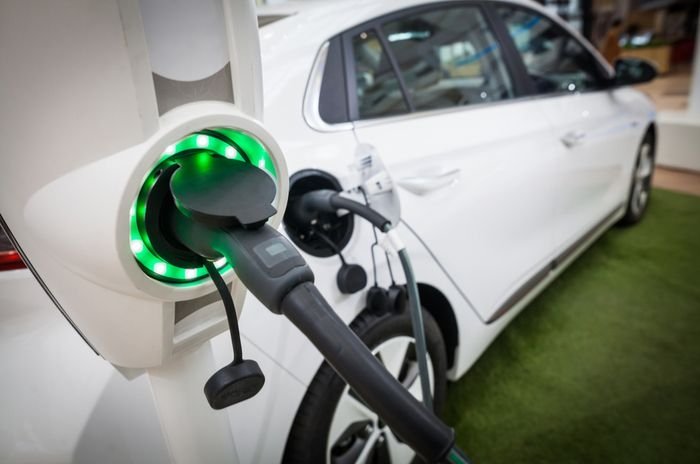What Will it Take to Put Consumers in the Driver’s Seat of Battery Electric Vehicles?

New Ipsos Global study reveals common consumer misconceptions surrounding this market
They are on the market, on the streets, yet there is still a certain reservation from drivers about buying Battery Electric Vehicles (BEVs). Although many Americans are concerned about Global Warming and Vehicle Emissions, only 30% stated they would buy an eco-friendly vehicle. This raises a pertinent question for the automobile industry and environmentalists. Why is there a disconnect between environmental beliefs and automobile selection?
Ipsos, the world-leading research and insights organization, has uncovered the thoughts of consumers regarding BEVs. These new findings are released in the second module of the Ipsos Global Mobility Navigator Syndicated Study, where 20,000 consumers worldwide shared their opinions on alternative engines and what it would take to get them to consider one. This module helps to provide insight into why environmental concerns are not necessarily translating into BEV sales.
Todd Markusic, Vice President of Mobility at Ipsos, said the Ipsos Global Mobility Navigator Syndicated Study discovered there are three main barriers towards BEV ownership for consumers: overall cost, range and charging location stations.
“The primary barrier is price, regardless of the type of vehicle in question, it is the most important factor when drivers are purchasing/leasing a new vehicle. This poses a huge hurdle for BEV manufacturers since the cost of batteries remains high and are then rolled into the asking price. Our study revealed consumers are only willing to pay up to an extra 10% more for a BEV over a similar gas/diesel version of the vehicle. However, we see once that price point exceeds 20%, consideration in the BEV option drops considerably.”
The range barrier many consumers alluded to appears to be based on a misconception which causes ‘range anxiety’. The reality is the average American drives around 170 miles during their normal workweek. With many current BEVs offering 200 miles per full charge, an owner would only need to charge once a week to meet their driving needs, much like filling up gas once a week. The misconception of ‘range anxiety’ has many believing they couldn’t drive to the store without having to charge their BEV, with 45% incorrectly thinking they would need to charge their vehicle once a day or more.
The last big barrier for BEVs is the location of charging stations to ensure they are readily available. However, most consumers would look to recharge their BEV at home rather than charging stations. Especially since current fast charging options can recharge a BEV to 80% within 40 minutes, with a 30-minute option on the market horizon.
For the BEV industry to clear these hurdles, Markusic said exposure is critical.
“The U.S. exhibited some of the lowest familiarity with BEVs with only 10% indicating they know them ‘very well’. Meanwhile, most consumers simply have not been exposed to a BEV with less than 10% having any type of significant interaction with one, which includes driving, looking or riding in one. Many of the existing barriers could be resolved with messaged marketing and consumer education to resolve misconceptions.”
With over 50 new electric models expected to be released over the next few years, the auto industry will need to understand its consumers in more depth. For that, they will need even greater insights as to what it would take to break barriers and put consumers into the driver’s seat of a BEV.
More key findings from Ipsos’ Global Mobility Navigator Syndicated Study:
- ‘Type of Engine’ is not a primary purchase attribute which opens the door to consideration of an electric motor.
- Consideration of alternative engines has risen nearly every year since 2011 – the more recent the purchase, the higher the likelihood an alternative engine was considered.
- Among those seriously considering a BEV, 37% believe the external design should be different than the gas version of the vehicle.
The average new car buyer believes it will be a minimum of 4.6 years before there is a BEV available that meets their budget and vehicle needs
Category: Electric Vehicles, Featured, General Update, Green, News










